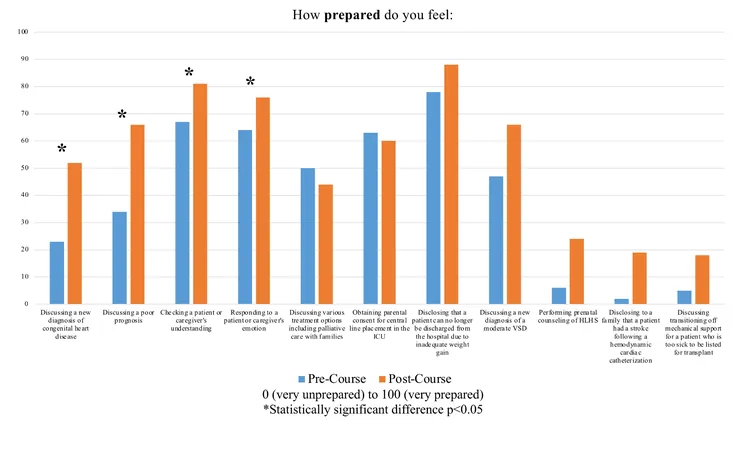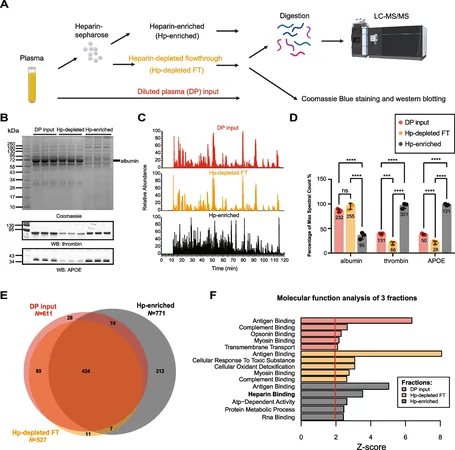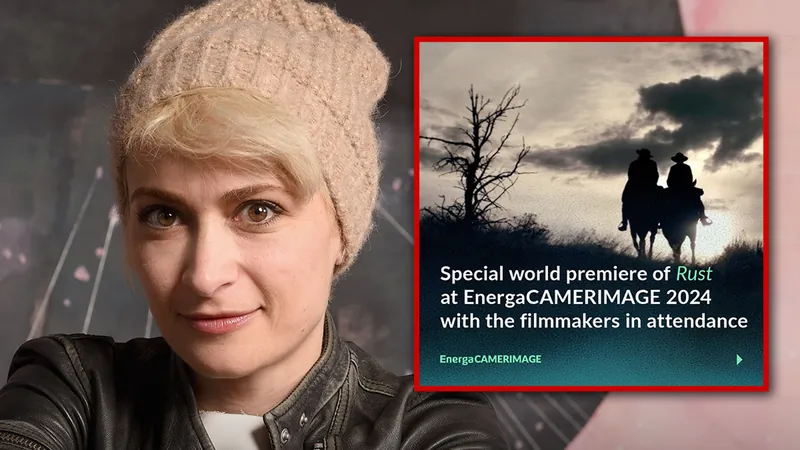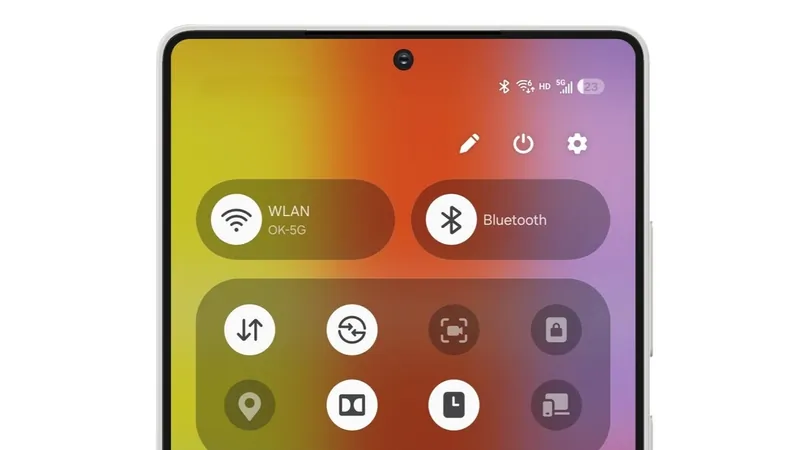
Unlocking the Secrets of Serious News: Communication Training for Pediatric Cardiology Fellows
2024-10-07
Author: Emily
Introduction
In the high-stakes world of pediatric cardiology, delivering serious news to families is a common yet daunting task for fellows. The delicate nature of such conversations can significantly impact the therapeutic relationship between healthcare providers and families. A recent pilot study at Boston Children's Hospital set out to assess and enhance communication skills among pediatric cardiology fellows, aiming to improve their abilities to navigate these emotionally charged discussions effectively.
The Importance of Effective Communication
Effective clinician-patient communication lies at the heart of fostering trust, enhancing health outcomes, and improving patient satisfaction. Poor communication can lead to misunderstandings, patient dissatisfaction, and inadequate care. As a response to the critical need for effective communication training, the Accreditation Council for Graduate Medical Education (ACGME) has identified communication as a core competency for medical trainees, urging programs to equip their fellows with the necessary skills for difficult conversations, including shared decision-making and end-of-life discussions.
For pediatric cardiologists, these conversations are particularly nuanced, covering topics such as congenital heart disease (CHD), treatment options, and often conflicting prognoses. Studies have spotlighted a lag between the expectations of families and the communication delivered by healthcare professionals, highlighting an urgent need for effective training programs designed specifically for this field.
Training Methodology
To address these communication challenges, the Boston Children’s Hospital implemented a 3-hour interactive training program for pediatric cardiology fellows, utilizing the VitalTalk methodology. This innovative approach included didactic teaching, demonstrations, and role-playing with standardized actors, allowing fellows to practice delivering difficult news and responding to emotional cues. Each fellow participated in real-time scenarios designed to mirror actual patient-families interactions, designed to enhance their preparedness and comfort in discussing tough topics.
Results and Findings
The pilot study welcomed nine fellows, the majority in their first year, who completed surveys assessing their communication preparedness before and after the training, as well as an 8-month follow-up. The findings were telling. Prior to the course, fellows highlighted significant challenges in communication, citing difficulties such as "finding the right words" and "balancing honesty with hope." After the training, there were marked improvements in their self-reported readiness to discuss new diagnoses, poor treatment prognoses, and managing emotional responses.
At the 8-month follow-up, nearly half of the fellows reported utilizing the skills gained during the training in real-world clinical settings, a promising indicator of the training's practical application. However, the study also noted that while all fellows felt more prepared, further training could be beneficial for reinforcing these essential communication skills.
Implications and Future Research
This innovative training module offers a promising approach to ensuring pediatric cardiology fellows are well-equipped to handle sensitive communications. The study not only demonstrates the efficacy of the VitalTalk model in pediatric cardiology but also emphasizes the continuing need for training adaptive to the unique challenges these practitioners face.
Yet, this pilot study also underscores a crucial need for ongoing research. Future studies should investigate the long-term retention of communication skills and explore refining training to better address specific challenges fellows encounter, particularly when discussing end-of-life care.
Conclusion
In the emotionally charged environment of pediatric cardiology, cultivating strong communication skills is not merely beneficial but essential. This pilot study lays the groundwork for a more robust educational framework that supports pediatric cardiology fellows in mastering the art of communication. The insights gained here not only aim to enhance the fellows' experiences but ultimately strive to improve the care provided to children with critical heart conditions and their families. The journey toward effective communication is continuous, and with further investments in training, it holds the power to transform healthcare outcomes across the board.









 Brasil (PT)
Brasil (PT)
 Canada (EN)
Canada (EN)
 Chile (ES)
Chile (ES)
 España (ES)
España (ES)
 France (FR)
France (FR)
 Hong Kong (EN)
Hong Kong (EN)
 Italia (IT)
Italia (IT)
 日本 (JA)
日本 (JA)
 Magyarország (HU)
Magyarország (HU)
 Norge (NO)
Norge (NO)
 Polska (PL)
Polska (PL)
 Schweiz (DE)
Schweiz (DE)
 Singapore (EN)
Singapore (EN)
 Sverige (SV)
Sverige (SV)
 Suomi (FI)
Suomi (FI)
 Türkiye (TR)
Türkiye (TR)